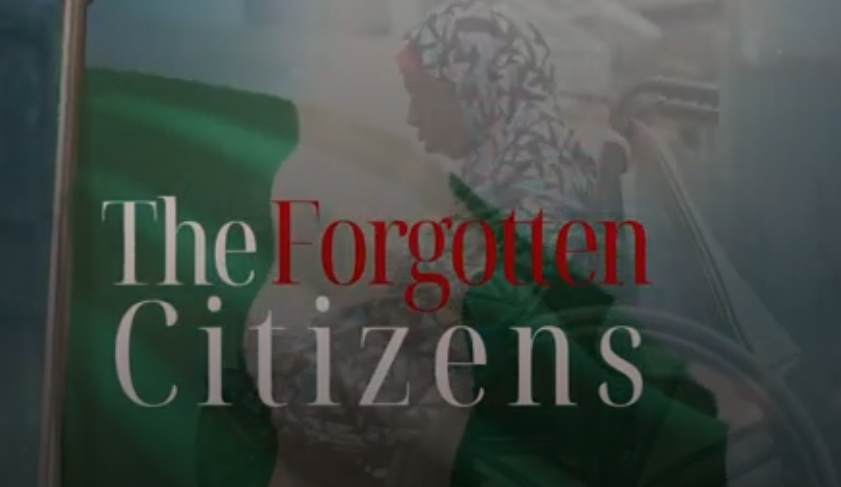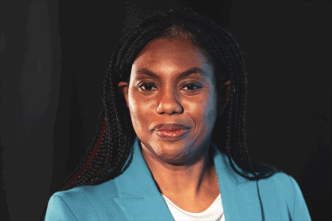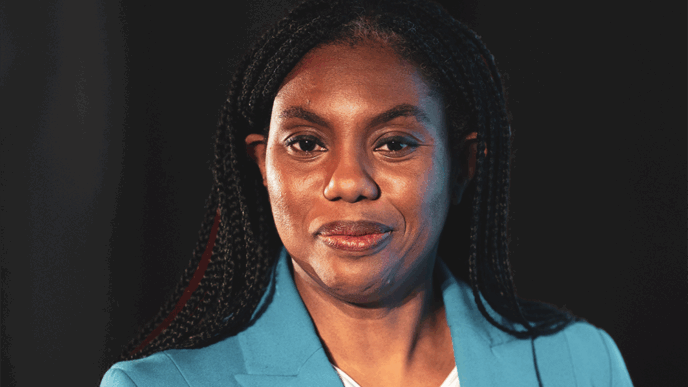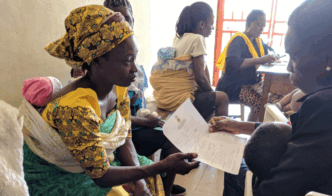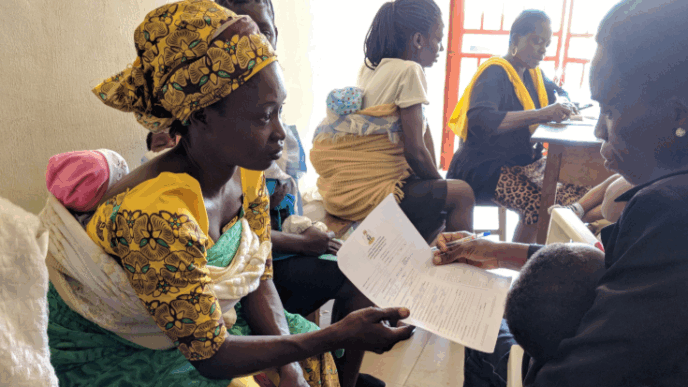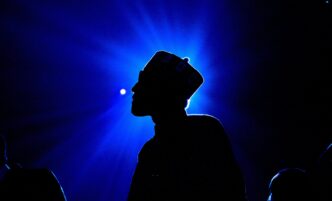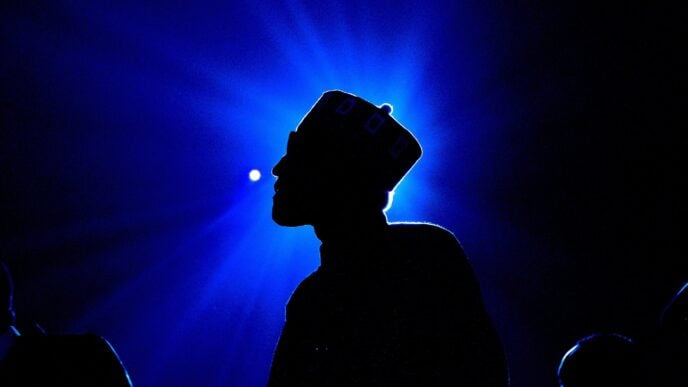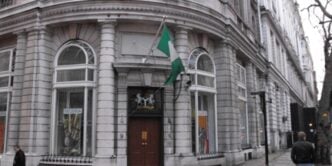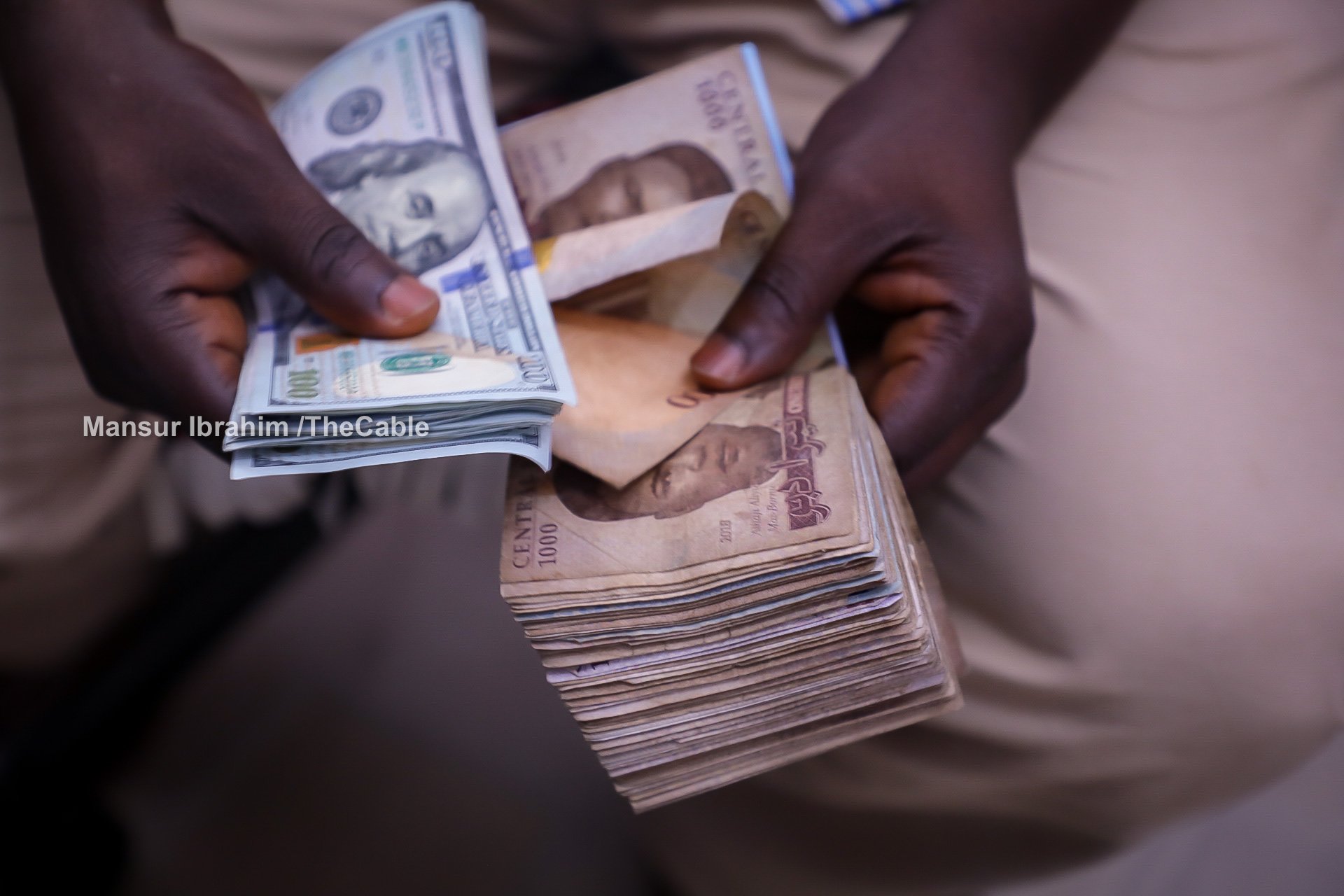A screenshot from 'The Forgotten Citizens' documentary
BY AMY ACHUGWU
Not many people grow up thinking they’ll become disabled. And yet, in a moment — an accident, illness, or birth — disability can become a permanent part of your story. It’s easy to think of persons with disabilities (PWDs) as “others.” But what happens when that “other” is you, your child, or your closest friend?
This is the question that haunted me as I directed “The Forgotten Citizens” — my soon-to-be-released documentary exploring the lives of Nigerians with disabilities. The stories are tender and raw. A community of disabled persons forsaken by the government, a man paralysed from the waist down due to poliomyelitis, a woman who advocates for deaf girls & women after losing her hearing in childhood, a young boy with cerebral palsy who is a world chess champion, and more.
At its core, The Forgotten Citizens is about visibility. It is also about asking, with urgency: who counts as a full Nigerian citizen? Who gets to belong in our policies, in our cities, and in our hearts?
Advertisement
The Nigerian Reality
Nigeria has over 25 million persons living with disabilities, according to the World Health Organisation. Many still face systemic neglect, from inaccessible infrastructure and limited education to widespread stigma and economic exclusion. Even with the passage of the Discrimination Against Persons with Disabilities
(Prohibition) Act in 2018, implementation remains painfully slow. Public buildings, including hotels, still lack ramps, working elevators, and braille signage. Public schools and hospitals often have no interpreters.
Most media platforms rarely feature the voices of disabled persons, except as objects of charity. But inclusion is not charity. It is justice. It is nation-building.
Advertisement
Why We Told These Stories
We made The Forgotten Citizens with a small team, a limited budget, and a fierce commitment to authentic representation. We wanted to tell stories that didn’t centre on pity, but reality. That showed PWDs as full human beings who are inspiring, funny, hopeful, and complex. We also wanted to remind Nigerians that disability is not a faraway issue. It’s not something that affects only the “poor” or “unfortunate.” It can happen to anyone — and often does. This is not a marginal issue. It’s a mainstream Nigerian issue. And it’s time we began to treat it as such.
What Needs to Change
Inclusion is not just about laws — it’s about attitudes. About media, policies, infrastructure, and public will. We need a stronger implementation of disability legislation. We need better data. We need sign language in more schools and hospitals. We need ramps and tactile paving. We need representation — not just as subjects of documentaries, but as leaders in government, business, and culture. But more than anything, we need to see differently. We need to see that people with disabilities are not broken. They are us. They are Nigerians. They are citizens. They are human.
Advertisement
A Hopeful Future
The Forgotten Citizens is just one attempt to shift the narrative. It’s a conversation starter — not a conclusion. I hope it makes its way into classrooms, communities, and corridors of power. I hope it creates more questions than answers. And I hope, above all, that it reminds us that the mark of a great nation is how it treats those who are easiest to ignore.
May we remember the forgotten. May we build a Nigeria that sees everyone.
Amy Achugwu is a film director at SEDA Studio. She can be contacted via [email protected]. ‘The Forgotten Citizens’ documentary is scheduled for release later in August.
Advertisement
Views expressed by contributors are strictly personal and not of TheCable.
